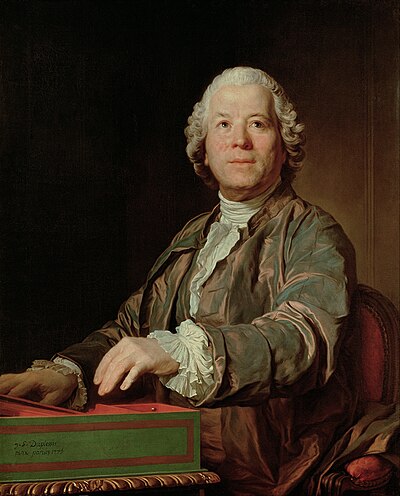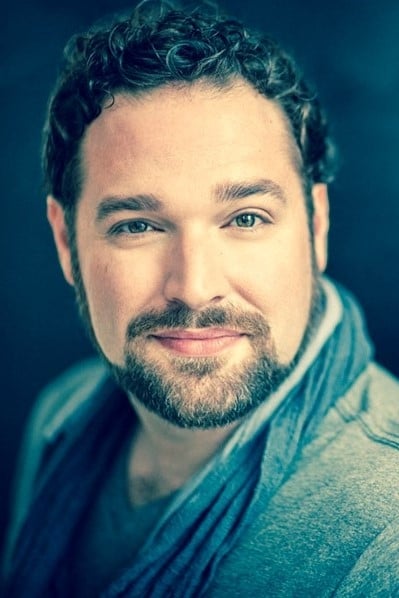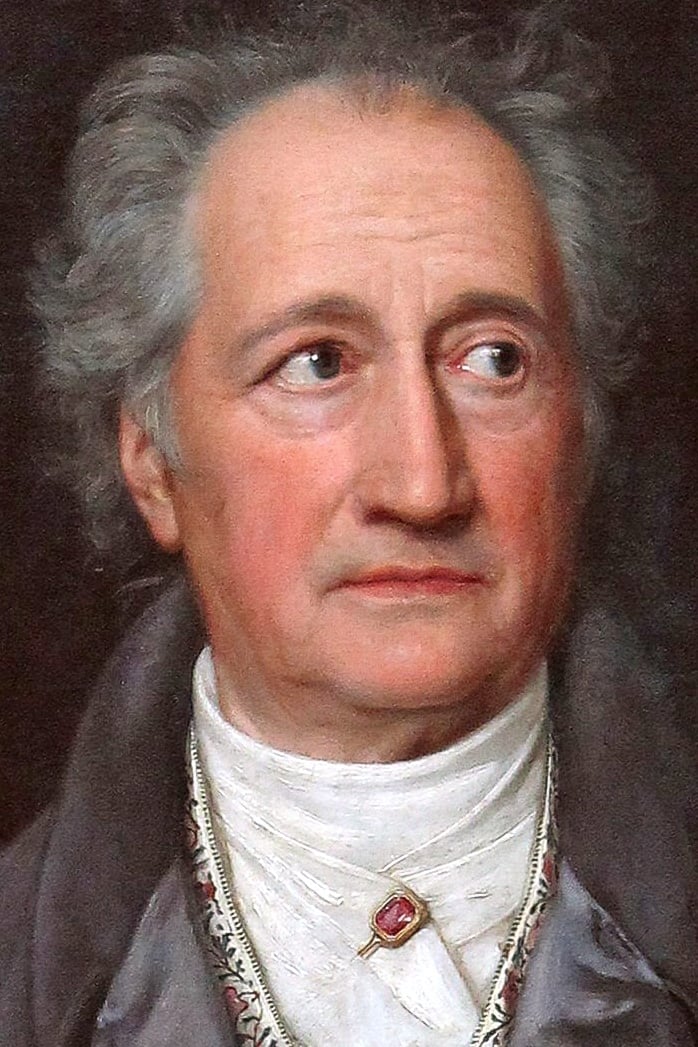Biography
Louis-Hector Berlioz (11 December 1803 – 8 March 1869) was a French Romantic composer and conductor. His output includes orchestral works such as the Symphonie fantastique and Harold in Italy, choral pieces including the Requiem and L'Enfance du Christ, his three operas Benvenuto Cellini, Les Troyens and Béatrice et Bénédict, and works of hybrid genres such as the "dramatic symphony" Roméo et Juliette and the "dramatic legend" La Damnation de Faust.
The elder son of a provincial doctor, Berlioz was expected to follow his father into medicine, and he attended a Parisian medical college before defying his family by taking up music as a profession. His independence of mind and refusal to follow traditional rules and formulas put him at odds with the conservative musical establishment of Paris. He briefly moderated his style sufficiently to win France's premier music prize – the Prix de Rome – in 1830, but he learned little from the academics of the Paris Conservatoire. Opinion was divided for many years between those who thought him an original genius and those who viewed his music as lacking in form and coherence.
At the age of twenty-four Berlioz fell in love with the Irish Shakespearean actress Harriet Smithson, and he pursued her obsessively until she finally accepted him seven years later. Their marriage was happy at first but eventually foundered. Harriet inspired his first major success, the Symphonie fantastique, in which an idealised depiction of her occurs throughout.
Berlioz completed three operas, the first of which, Benvenuto Cellini, was an outright failure. The second, the huge epic Les Troyens (The Trojans), was so large in scale that it was never staged in its entirety during his lifetime. His last opera, Béatrice et Bénédict – based on Shakespeare's comedy Much Ado About Nothing – was a success at its premiere but did not enter the regular operatic repertoire. Meeting only occasional success in France as a composer, Berlioz increasingly turned to conducting, in which he gained an international reputation. He was highly regarded in Germany, Britain and Russia both as a composer and as a conductor. To supplement his earnings he wrote musical journalism throughout much of his career; some of it has been preserved in book form, including his Treatise on Instrumentation (1844), which was influential in the 19th and 20th centuries. Berlioz died in Paris at the age of 65. The first biography of Berlioz, by Eugène de Mirecourt, was published during the composer's lifetime. Holoman lists six other French biographies of the composer published in the four decades after his death. Of those who wrote for and against Berlioz's music in the late 19th and early 20th centuries, among the most outspoken were musical amateurs such as the lawyer and diarist George Templeton Strong, who called the composer's music variously "flatulent", "rubbish", and "the work of a tipsy chimpanzee", and, in the pro-Berlioz camp, the poet and journalist Walter J. Turner, who wrote what Cairns calls "exaggerated eulogies". Like Strong, Turner was, in the words of the music critic Charles Reid, "unhampered by any excess of technical knowledge".Serious studies of Berlioz in the 20th century began with Adolphe Boschot's L'Histoire d'un romantique (three volumes, 1906–1913). His successors were Tom S. Wotton, author of a 1935 biography, and Julien Tiersot, who wrote numerous scholarly articles on Berlioz and began the collection and editing of the composer's letters, a process eventually completed in 2016, eighty years after Tiersot's death. In the early 1950s the best-known Berlioz scholar was Jacques Barzun, a protégé of Wotton, and, like him, strongly hostile to many of Boschot's conclusions, which they saw as unfairly critical of the composer. Barzun's study was published in 1950. He was accused at the time by the musicologist Winton Dean of being excessively partisan, and refusing to admit failings and unevenness in Berlioz's music; more recently he has been credited by the musicologist Nicholas Temperley with playing a major part in improving the climate of musical opinion towards Berlioz.Since Barzun, the leading Berlioz scholars have included David Cairns, D. Kern Holoman, Hugh Macdonald and Julian Rushton. Cairns translated and edited Berlioz's Mémoires in 1969, and published a two-volume, 1500-page study of the composer (1989 and 1999), described in Grove's Dictionary of Music and Musicians as "one of the masterpieces of modern biography". Holoman was responsible for the publication in 1987 of the first thematic catalogue of Berlioz's works; two years later he published a single-volume biography of the composer. Macdonald was appointed in 1967 as the inaugural general editor of the New Berlioz Edition published by Bärenreiter; 26 volumes were issued between 1967 and 2006 under his editorship. He is also one of the editors of Berlioz's Correspondance générale, and author of a 1978 study of Berlioz's orchestral music, and of the Grove article on the composer. Rushton has published two volumes of analyses of Berlioz's music (1983 and 2001). The critic Rosemary Wilson said of his work, "He has done more than any other writer to explain the uniqueness of Berlioz's musical style without losing a sense of wonder in its originality of musical expression."
Filmography
all 28
Movies 28
Writer 12

Doom Island (2022)
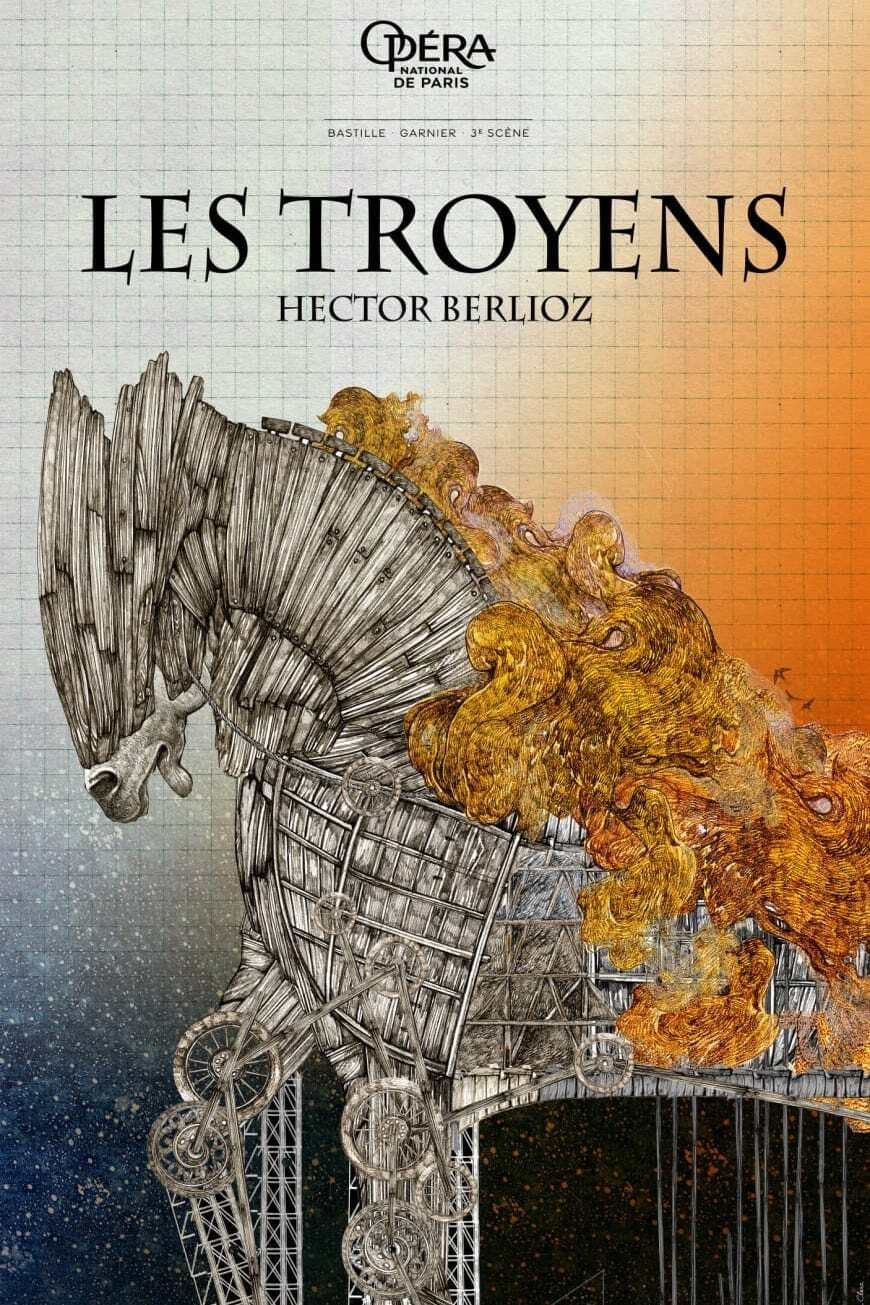
Les Troyens (2019)

The 350th Anniversary Inaugural Gala (2018)
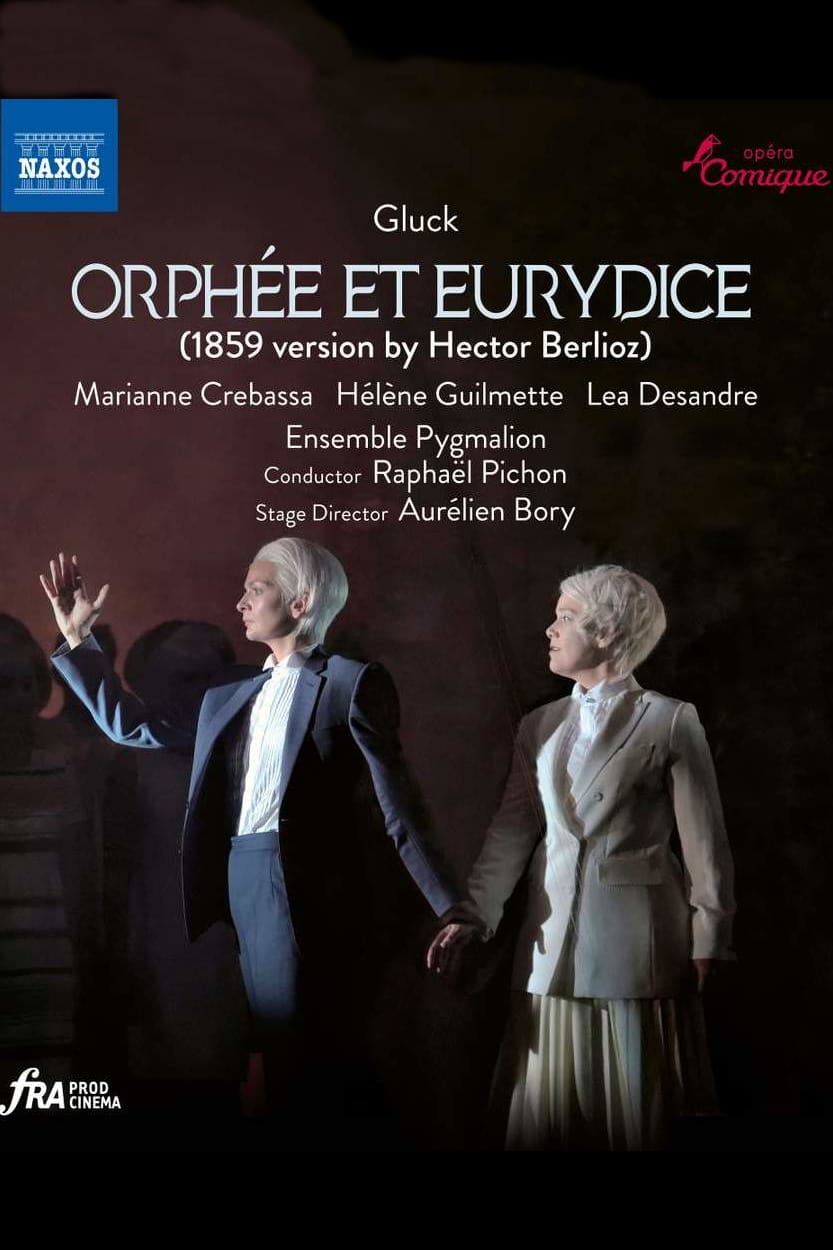
Gluck: Orfeo ed Euridice (2018)
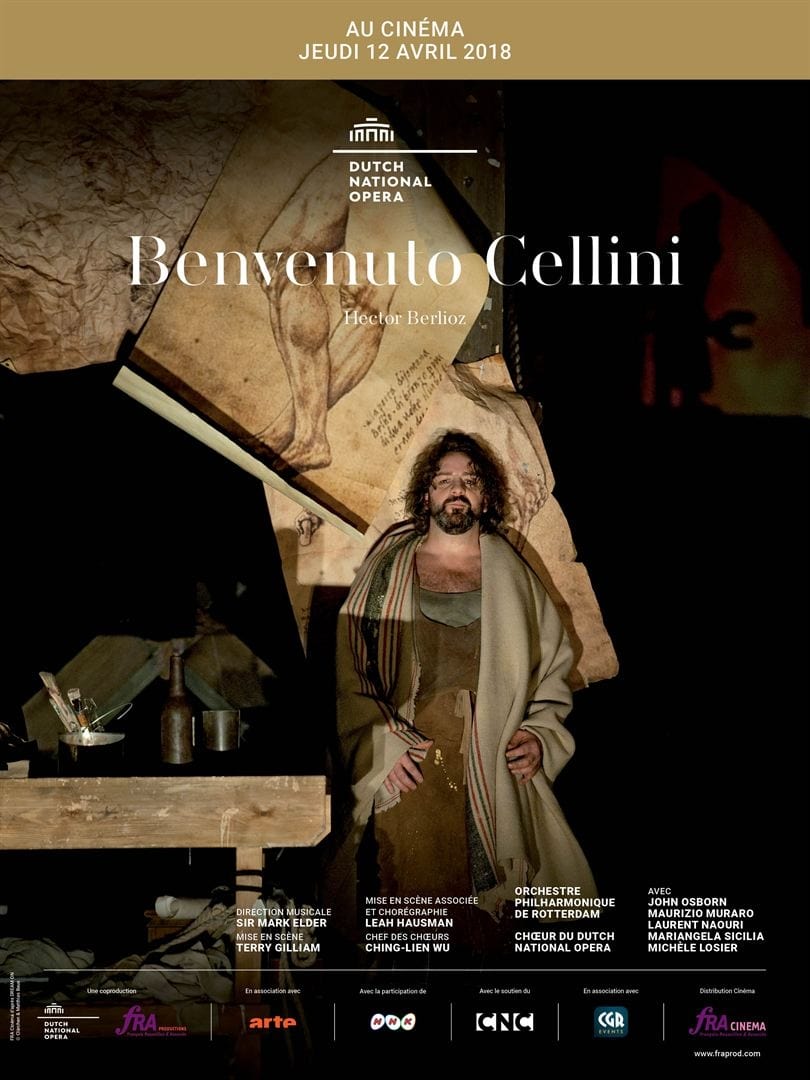
Benvenuto Cellini (2018)
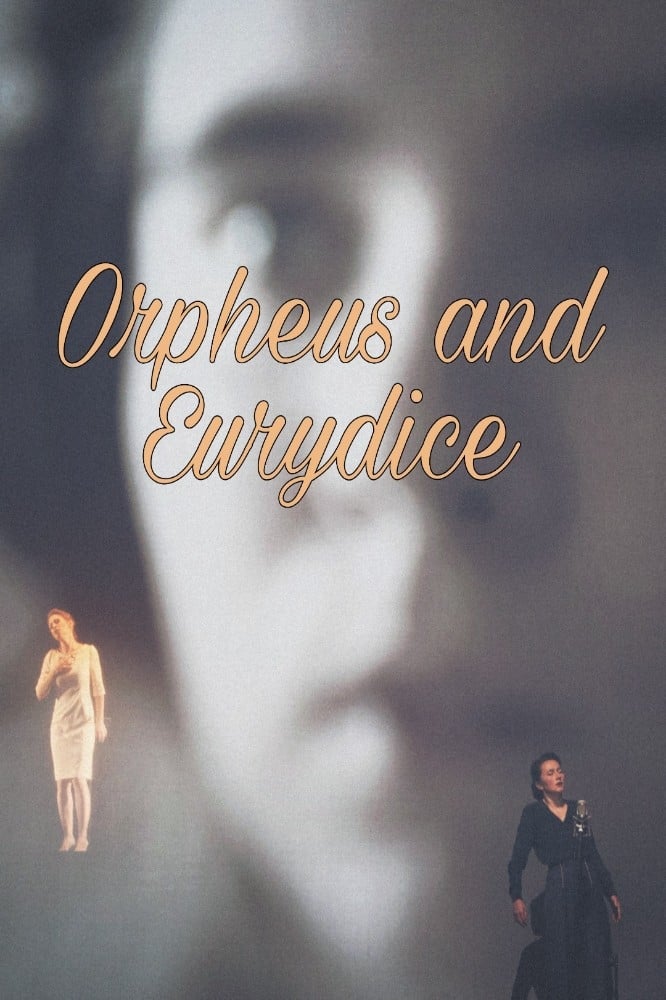
Orpheus and Eurydice (2014)

Lionel Bringuier & Nelson Freire Live at the Royal Albert Hall (2013)
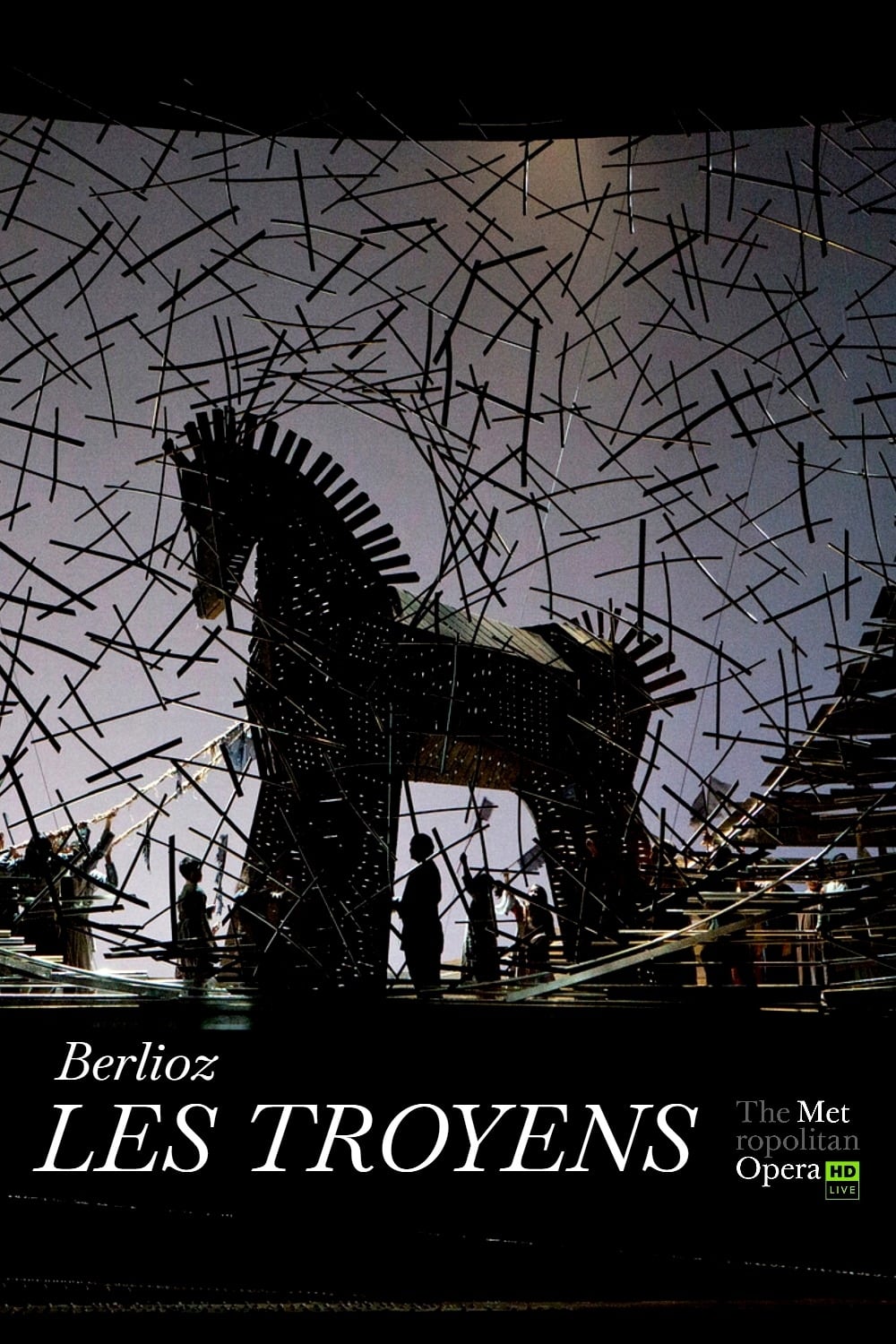
Berlioz: Les Troyens (2013)
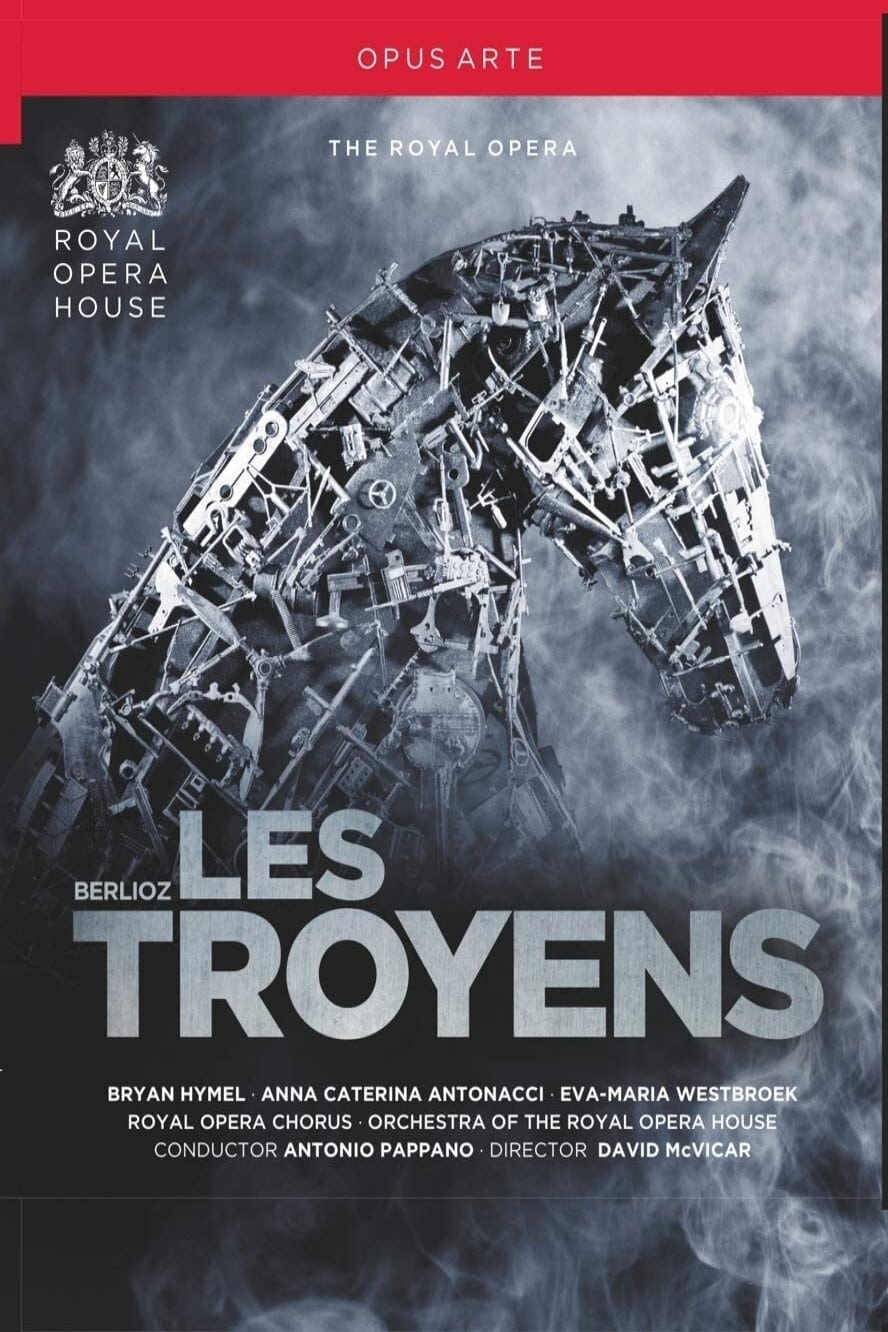
Les Troyens (2012)
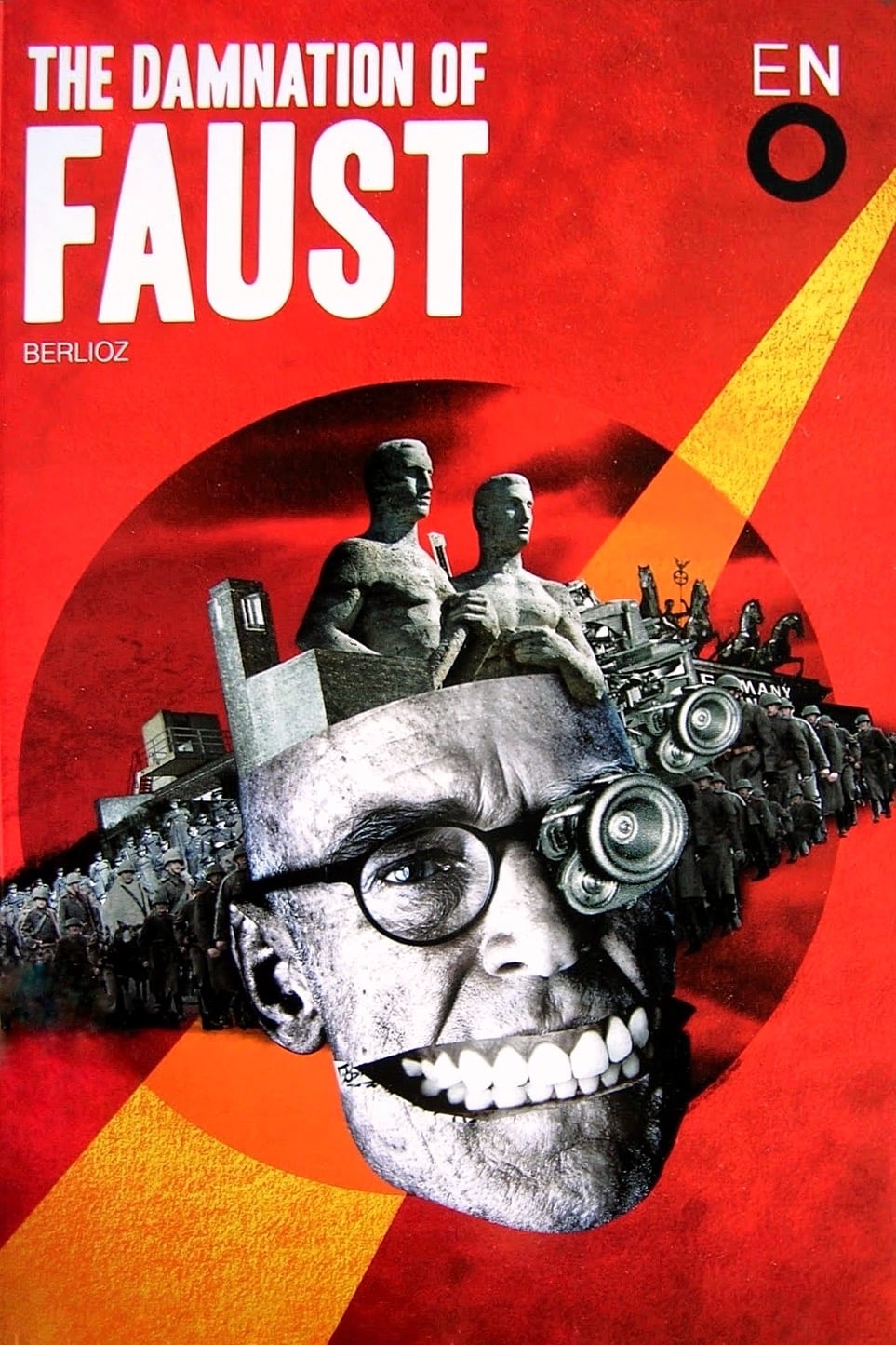
The Damnation of Faust (2011)
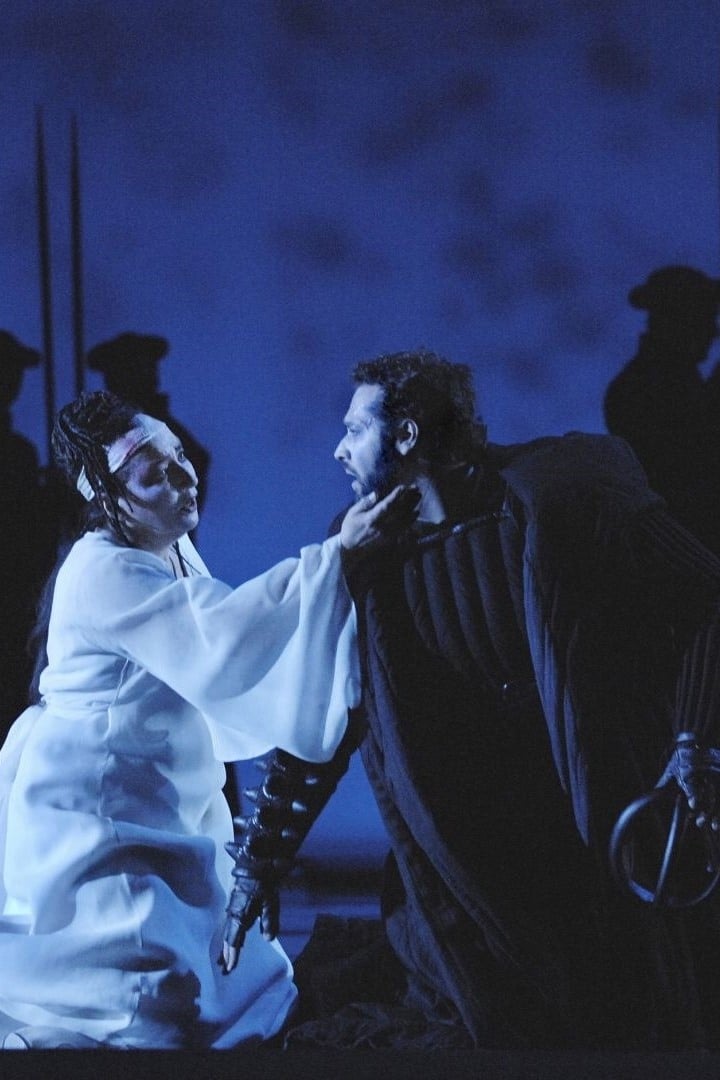
Berlioz: Les Troyens (2010)
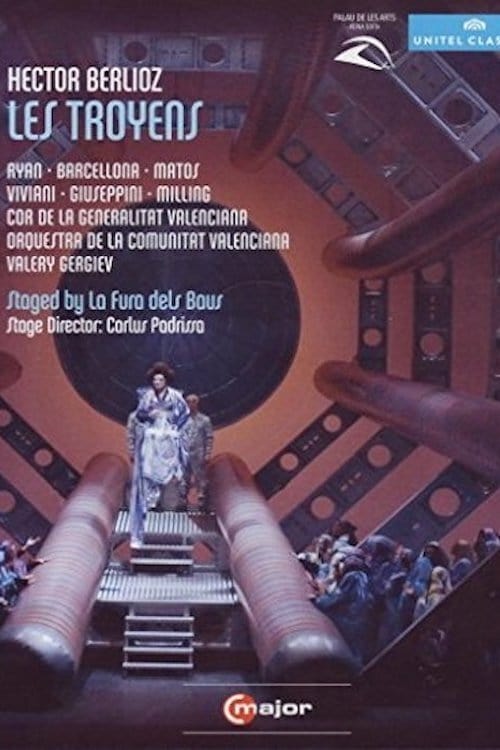
Les Troyens (2009)
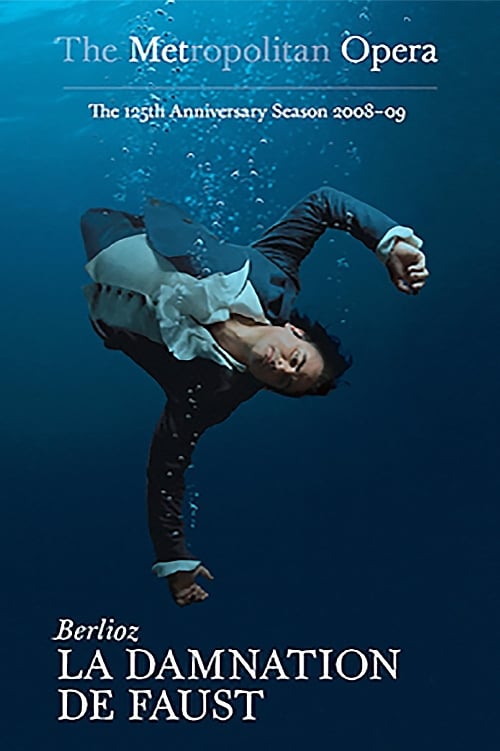
Berlioz: La Damnation de Faust (2008)
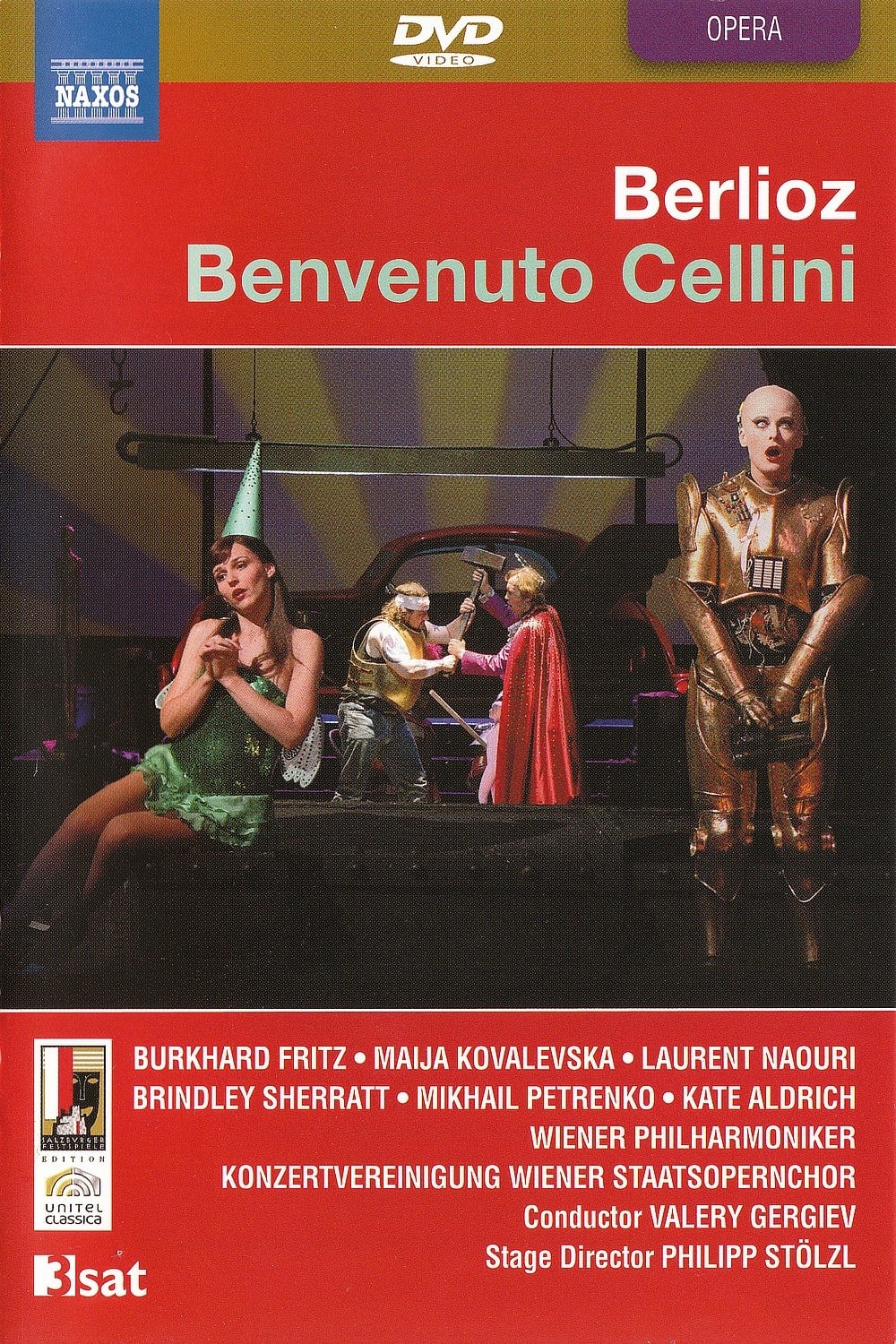
Benvenuto Cellini (2007)
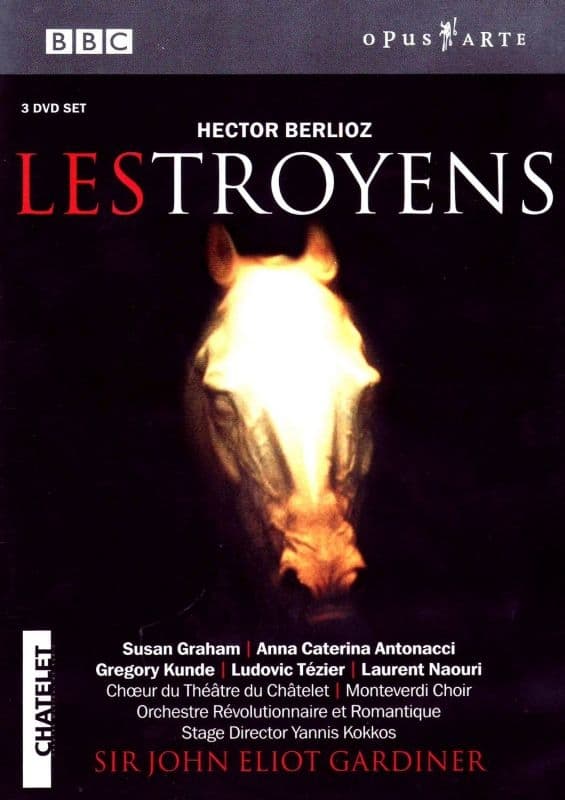
Berlioz: Les Troyens (2003)
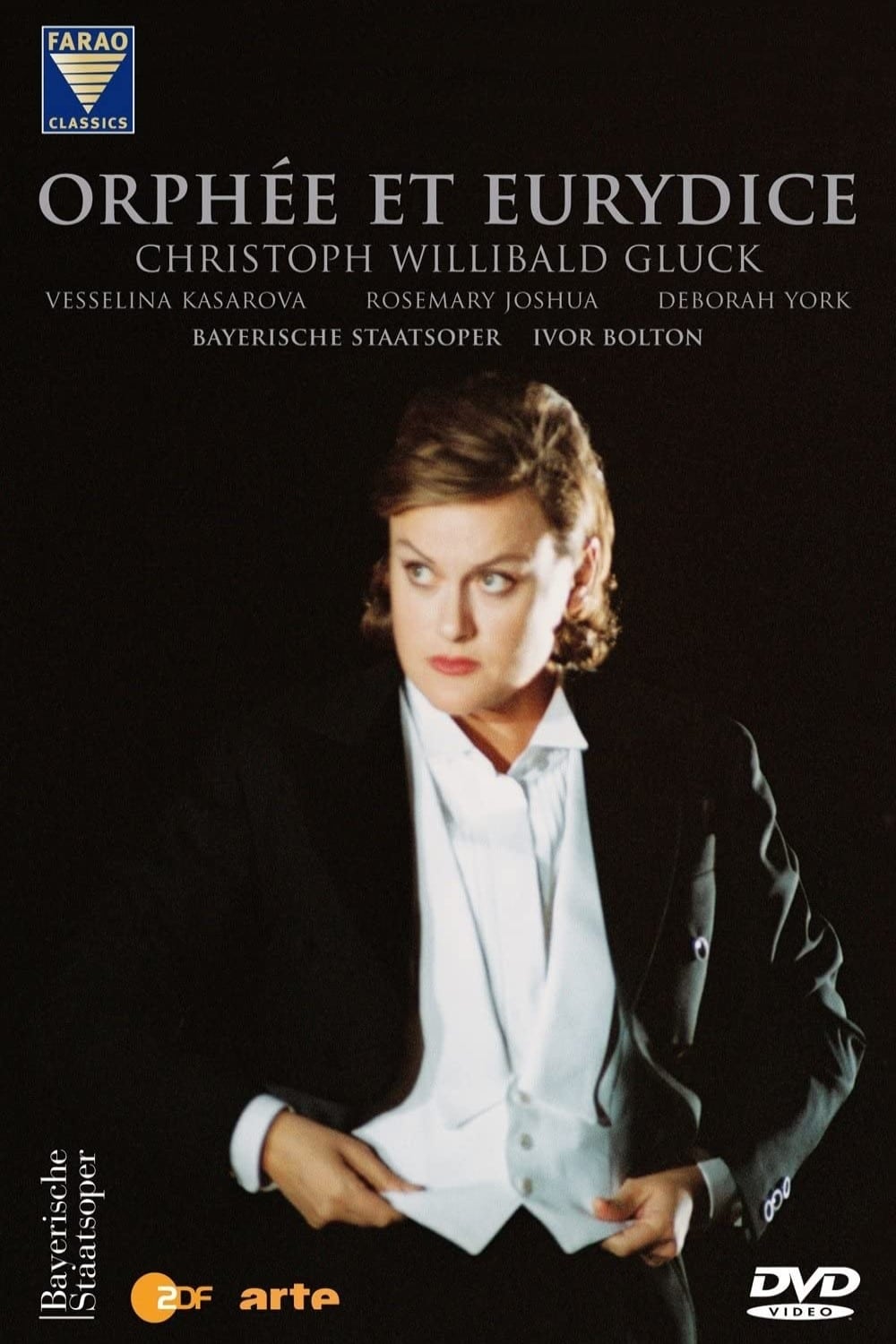
Orphée et Eurydice (2003)

Les Troyens (2000)
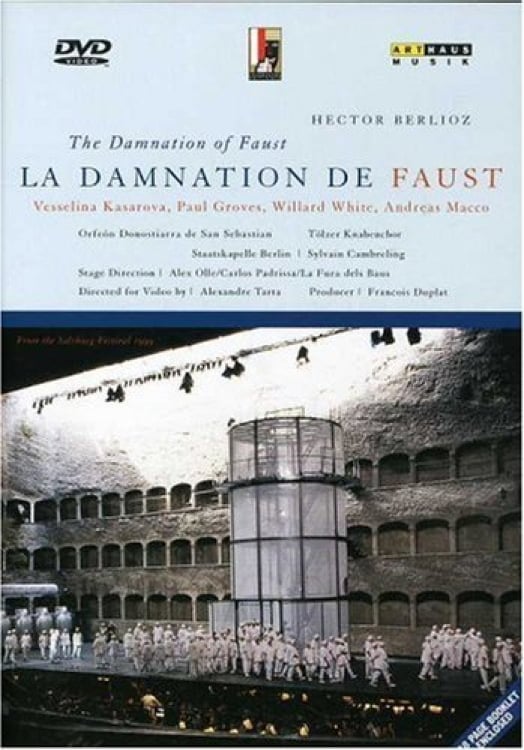
The Damnation of Faust (1999)
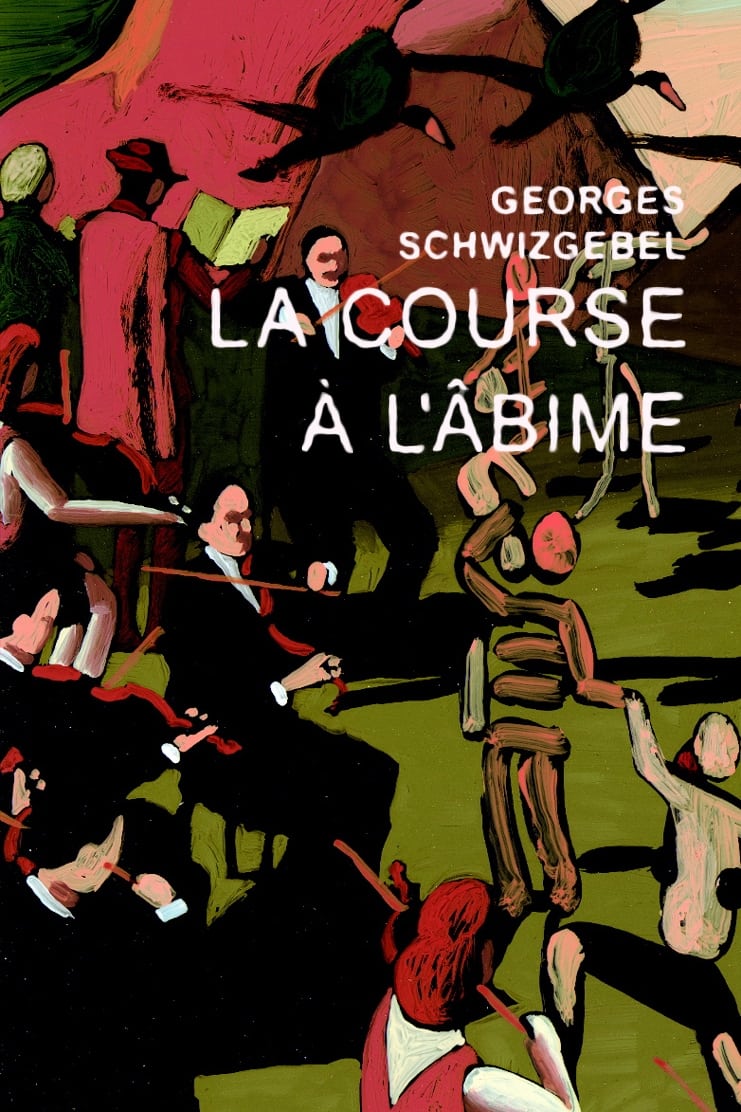
The Ride to the Abyss (1992)
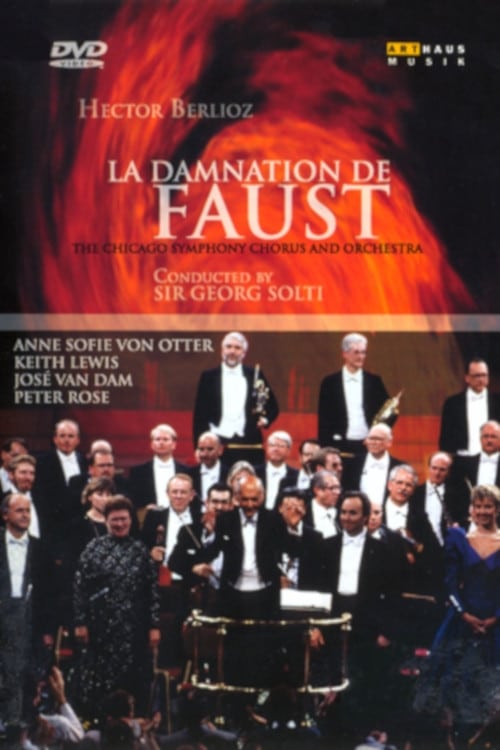
The Damnation of Faust (1989)
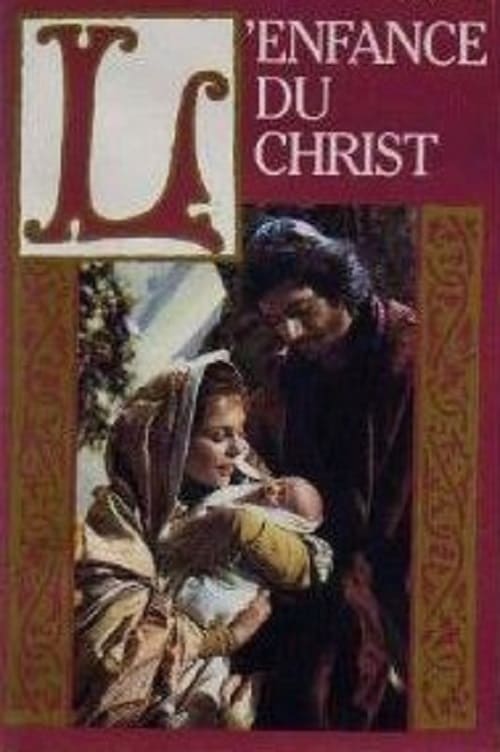
L'Enfance du Christ (1985)
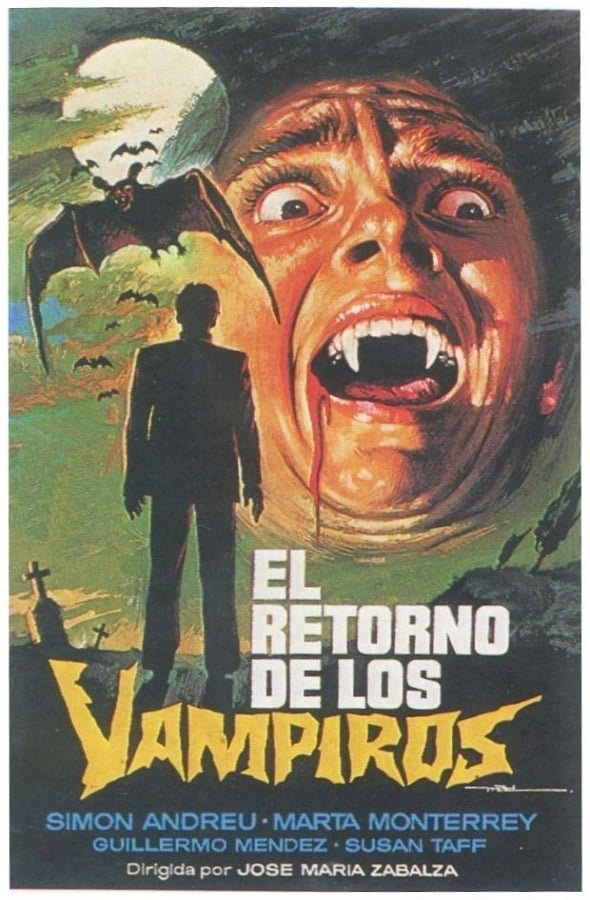
The Return of the Vampires (1985)
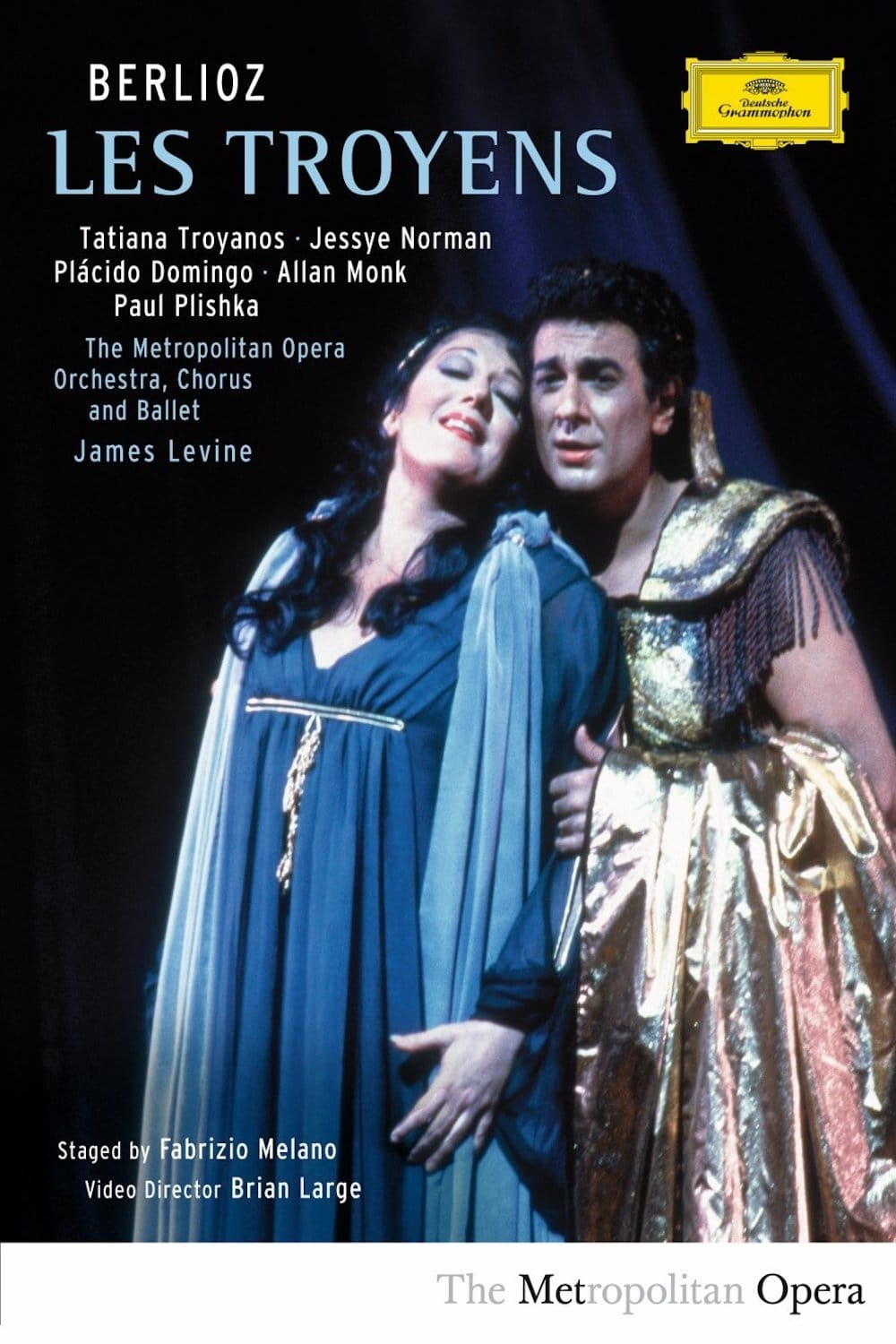
Berlioz: Les Troyens (1983)
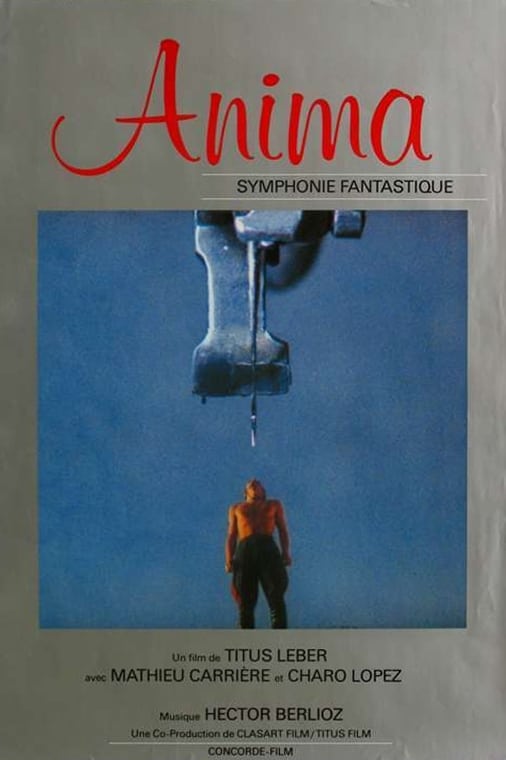
Anima - Symphonie Fantastique (1981)

Berlioz, Te Deum (1981)

Un retablo para Romeo y Julieta (1971)
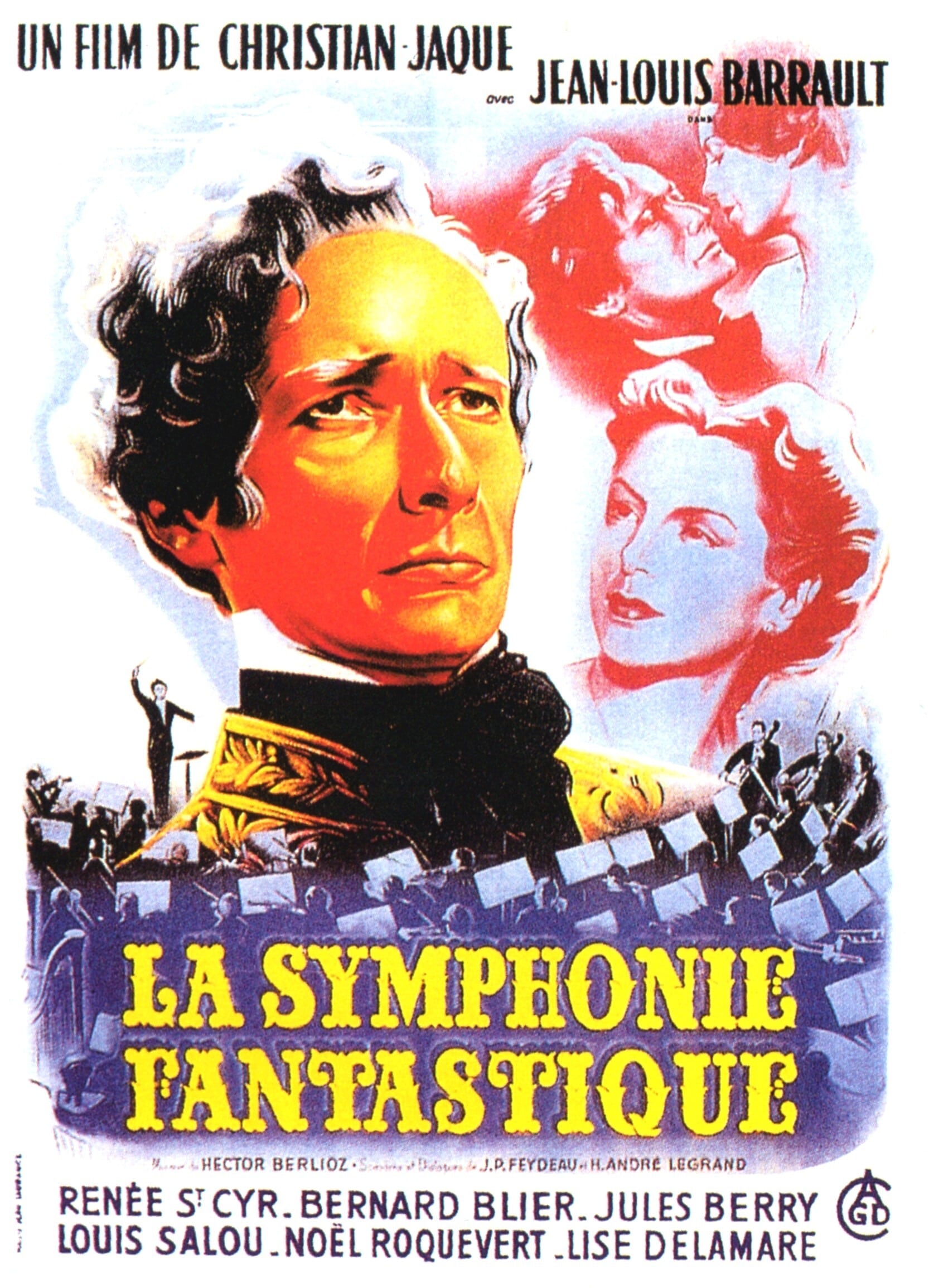
La Symphonie fantastique (1942)
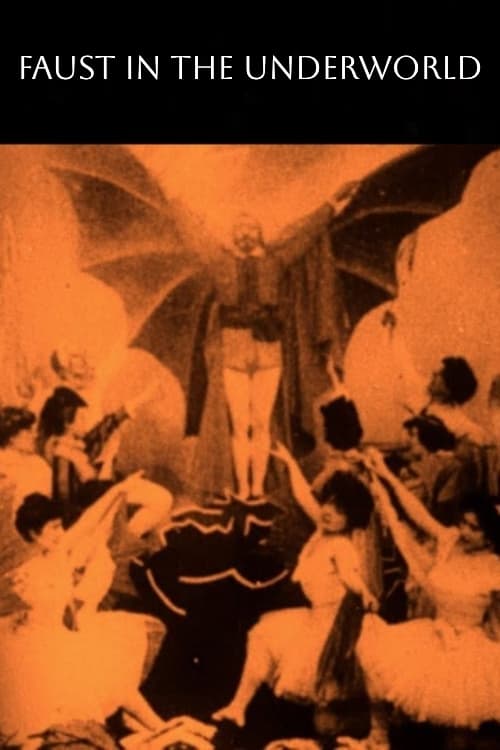
Faust in the Underworld (1903)
Ratings
Information
Known ForSound
GenderMale
Birthday1803-12-11
Deathday1869-03-08 (65 years old)
Birth NameLouis-Hector Berlioz
Birth PlaceLa Côte-Saint-André, France
Religionatheism
FatherLouis Berlioz
CitizenshipsFrance
AwardsOfficer of the Legion of Honour, Prix de Rome, Knight of the Legion of Honour
This article uses material from Wikipedia.
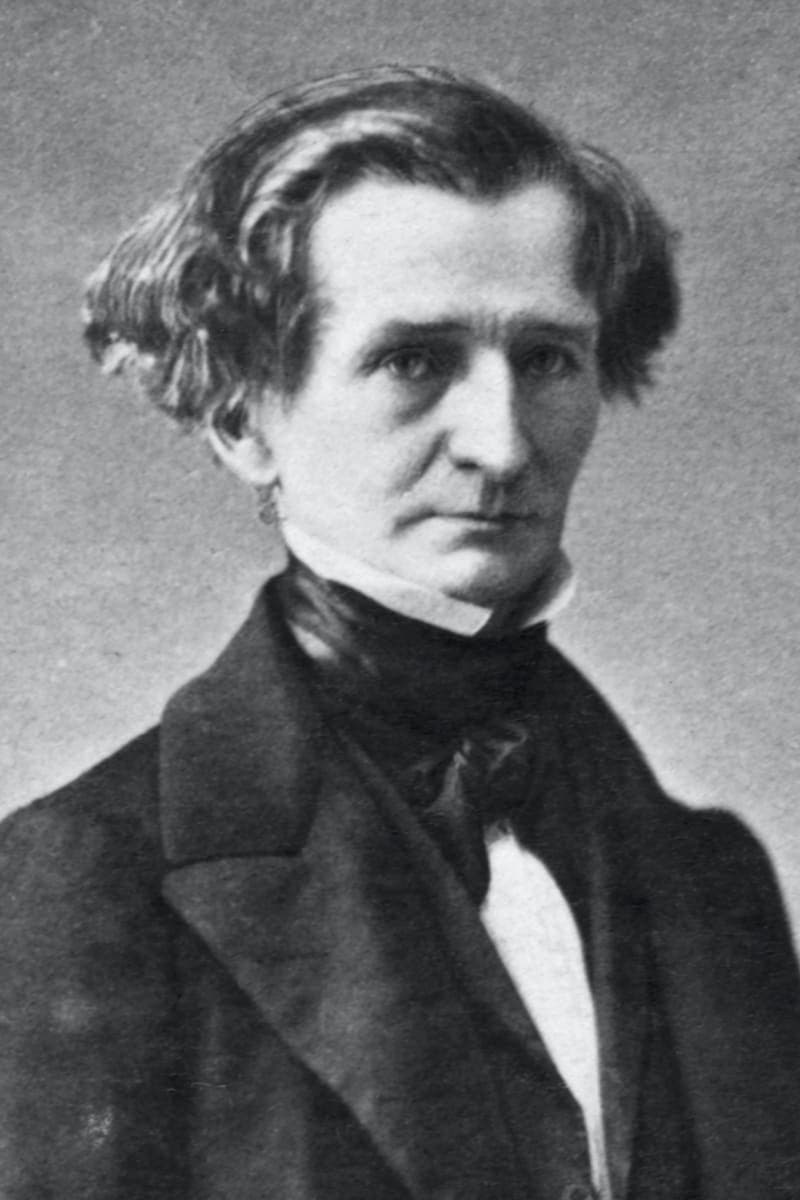 Hector Berlioz
Hector Berlioz- Filmography
- Information
- Related Persons
